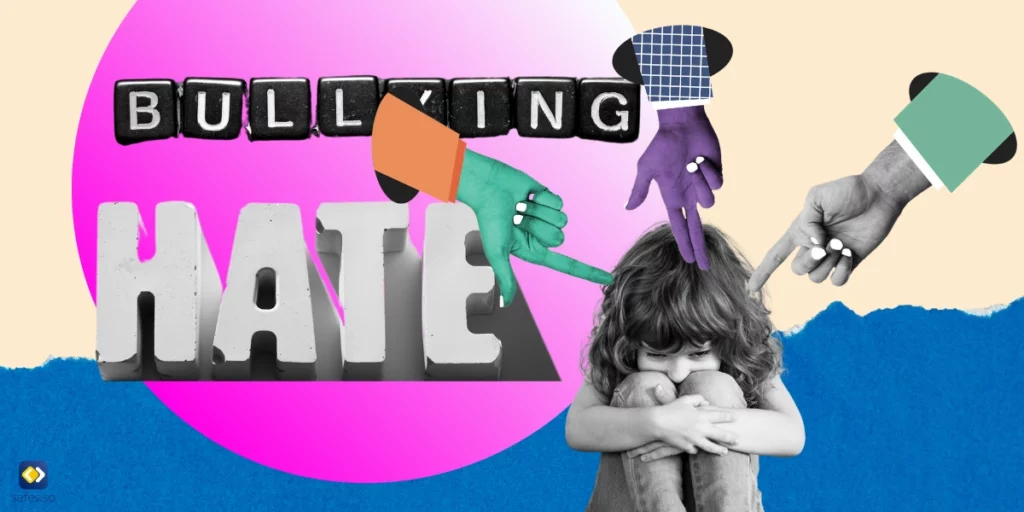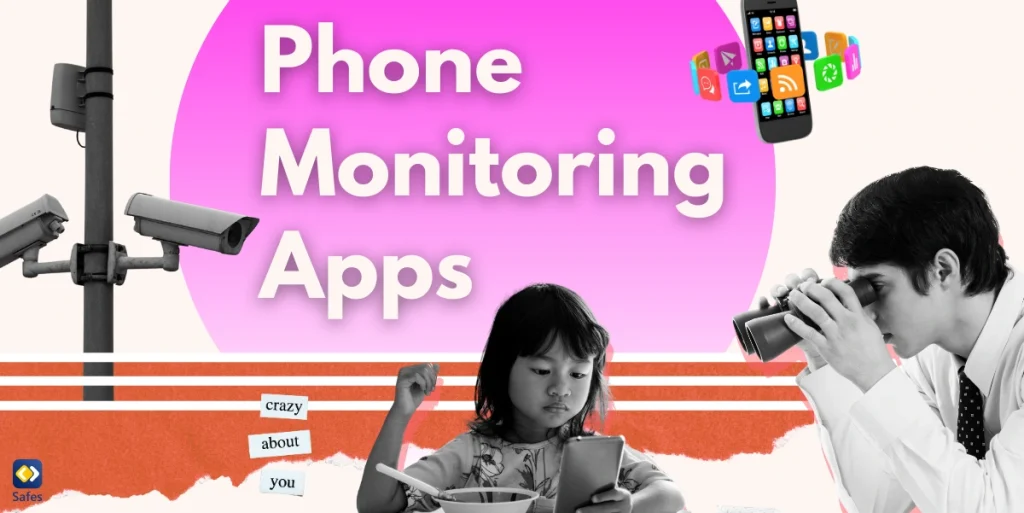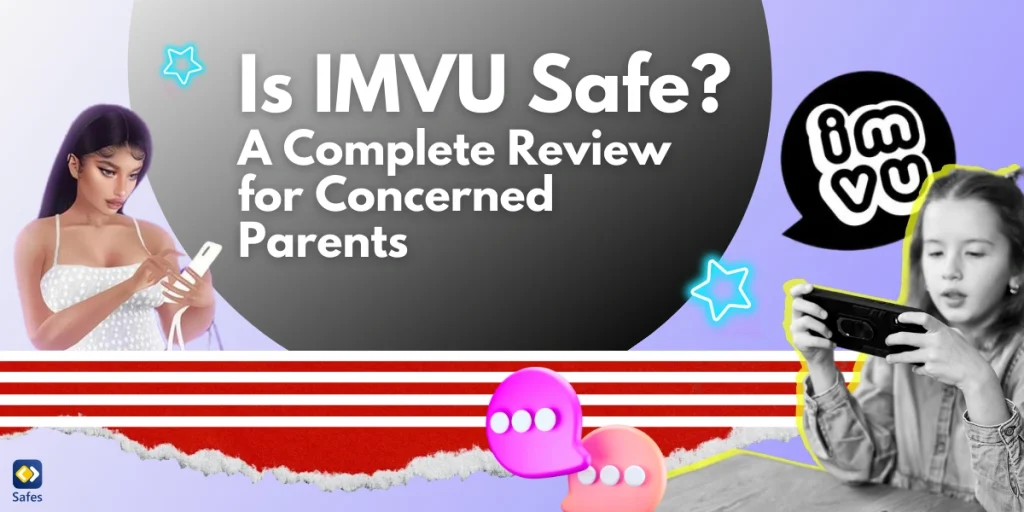Emotional bullying is a pervasive issue that affects children and adolescents, particularly on social media platforms. Therefore, it’s important for parents to make sure not to raise an emotional bully. Empathy, the ability to understand and share the feelings of others, is a crucial skill that can help children navigate these challenges. By teaching empathy to children, parents can help them avoid engaging in emotional bullying on social media and foster a more positive online environment.
Understanding Emotional Bullying on Social Media
Emotional bullying involves the use of words, actions, or behaviors to hurt, manipulate, or control another person emotionally. This type of bullying can take many forms, including exclusion, humiliation, and spreading rumors.
There are several types of emotional bullying that can occur on social media, such as cyberbullying, trolling, and online harassment. These behaviors can have severe emotional bullying effects on a child, including anxiety, depression, and low self-esteem.
The effects of emotional bullying on children can be long-lasting and detrimental to their mental health. Victims may experience feelings of isolation, loneliness, and helplessness, which can lead to poor academic performance, social withdrawal, and even suicidal thoughts.

Strategies to Help Raise Empathetic Children
It’s important for parents to raise empathetic children who will share and understand other people’s feelings. The following strategies will help you do that.
Teach and Model Empathetic Behaviors
Active listening: Teach children to listen attentively to others, ask questions, and show genuine interest in their feelings and experiences. This will help them to develop empathy and really understand how people feel.
Perspective-taking: Encourage children to consider other people’s viewpoints and feelings, helping them understand how their actions may affect others.
Self-reflection: Guide children in reflecting on their own emotions and behaviors, which will foster emotional intelligence and self-awareness. Consider having conversations with them or asking them questions that will help them get a better insight into their identities and intentions.
Encourage Empathetic Behavior Online
Establish rules and guidelines for online behavior: Set clear expectations for respectful and kind interactions on social media. Also, set firm but fair consequences for when they don’t respect these expectations.
Encourage positive interactions: Promote the importance of supporting and uplifting others online, rather than engaging in negative or harmful behaviors.
Role-play potential scenarios: Help children practice empathy by discussing hypothetical situations involving emotional bullying and brainstorming appropriate responses.
Foster Real-Life Connections
Encourage face-to-face interactions: Provide opportunities for children to develop social skills and empathy through in-person experiences. Encourage them to make small talk, talk to cashiers, and catch up with friends.
Volunteer as a family: Participate in community service projects to teach children the value of helping others and understanding different perspectives.
Encourage children to try new activities outside of their comfort zone: Support children in exploring new interests and meeting diverse groups of people, fostering empathy and personal growth. Teach them to not get scared away in the face of new opportunities.

Specific Strategies to Help Children Avoid Emotional Bullying on Social Media
Here are some specific strategies to undertake if you want your children to not be affected by emotional bullying on social media:
Avoiding drama and gossip: Teach children to steer clear of online conflicts and refrain from spreading rumors or engaging in hurtful conversations.
Reporting bullying behavior on social media platforms: Encourage children to report instances of emotional bullying to platform administrators or trusted adults rather than remaining silent.
Developing a positive online identity: Guide children in creating a respectful and kind online presence that reflects their true selves, and not a shadow of how they want to appear to the public.
Encouraging children to take breaks from social media: Promote healthy digital habits by setting limits on screen time and encouraging offline activities. Teach them that real life exists outside of social media and that they don’t need to consume all of their time and energy to look cool online. Read about 10 fun-filled family board games to play at home.
Conclusion
Empathy is a powerful tool in combating emotional bullying and fostering a more positive online community. By teaching children how to deal with emotional bullying and modeling empathetic behaviors, encouraging positive interactions, and helping them have real-life connections, you can bring up strong children who won’t be affected by emotional bullies.
As a final advice, we would like to emphasize the dangers of unsupervised internet for young people and the importance of monitoring their online activities. One of the most efficient ways to do that is by setting up a parental control app on your kid’s device. This way, not only will you be aware if your child is dealing with emotional bullying, but you will also be one step ahead of any other harm that might threaten them online.
Safes parental control app is one of the easiest and most efficient tools to use for more online security. It can be installed on all operating systems, such as iOS, Android, and Windows. Download now and enjoy secure internet at home.




